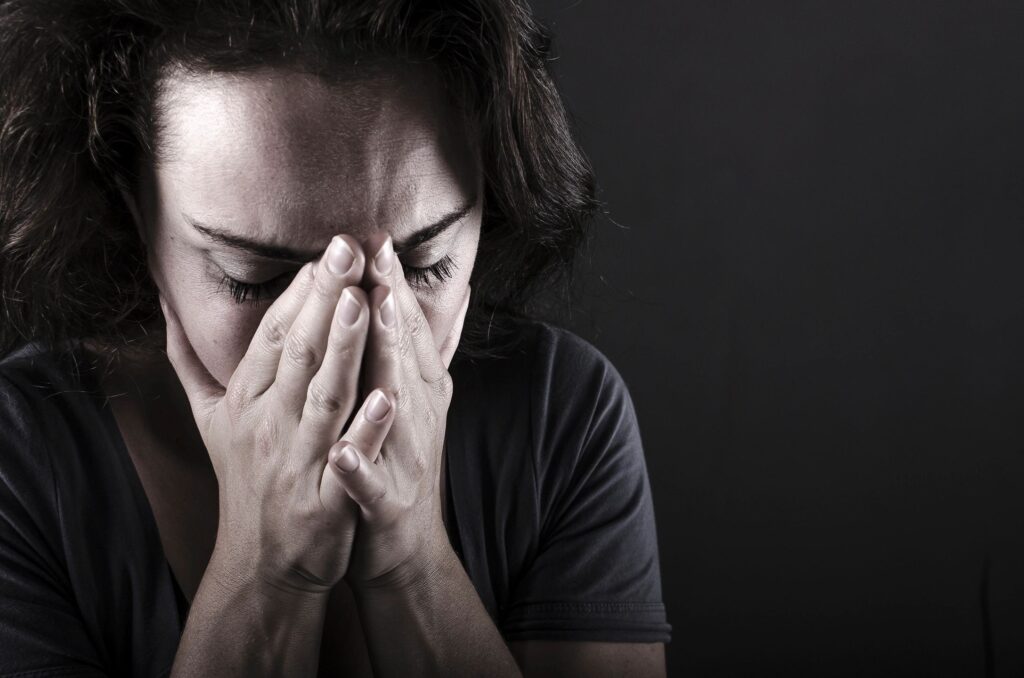Domestic Violence, Addiction and Mental Health: Unraveling a Complex Web


Domestic Violence, Addiction and Mental Health: Unraveling a Complex Web
By Mary Schuermann Kuhlman
New work is being done in Ohio to help free people who are caught in the complex web of domestic violence, addiction and mental health.
Cheryl Stahl, who is heading the Ohio Domestic Violence Network’s new Substance Use Mental Health Project, said most survivors who seek services are facing multiple traumas and concerns.
“You’re working with women who – say, from childhood – have had sexual-abuse experiences and then date people who are abusive,” she said “Those people perhaps are using drugs. They get introduced to drugs; they may have mental-health concerns that are being masked by the trauma.”
Research indicates that between 47% and 90% of women who seek substance-use disorder treatment say they’ve experienced domestic violence. Stahl said the project is teaching advocates at shelters about addiction and mental health, and how they can better assist people who struggle with these challenges.
Stahl said domestic-violence survivors can be reluctant to leave because of mental-health and substance-use coercion, when an abuser uses tactics to undermine their sanity and sobriety.
“The abusers will often use substance use particularly as a way of threatening to take custody of children,” she said. “You may have the abuser as the person who is providing the drugs and sort of in control of when they get them and when they don’t.”
Stahl said the training will teach shelter staff how to talk about addiction in ways that encourage change and can connect survivors with peer-support services, and provide help for people who are actively using but not ready to enter treatment.
“Survivors aren’t going to shelter necessarily to get off of drugs, that’s not what they’re seeking that service for,” she said. “So, introducing some harm-reduction strategies – safety planning with people on how to hopefully prevent overdose.”
Stahl said some of the work will focus on identifying brain injury as it pertains to substance use and mental health. The three-year project is starting in seven counties and Stahl said she hopes to expand it to 30 shelters.






